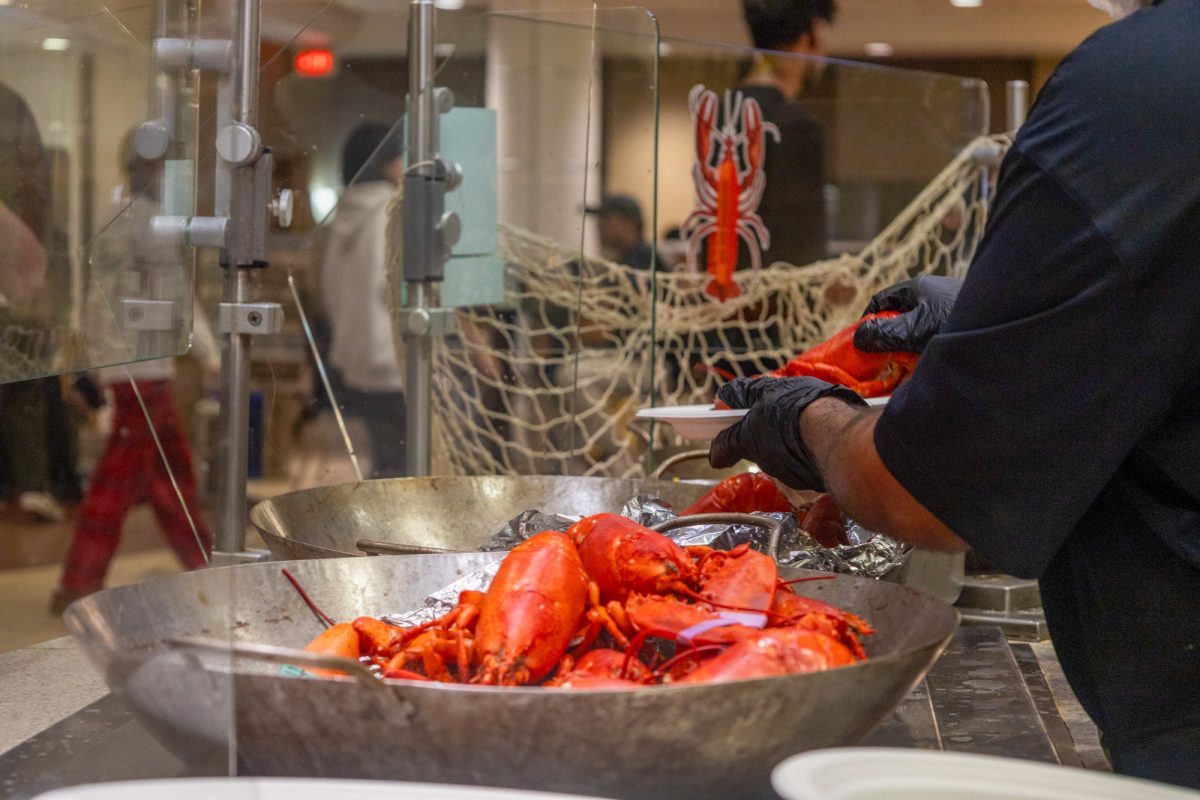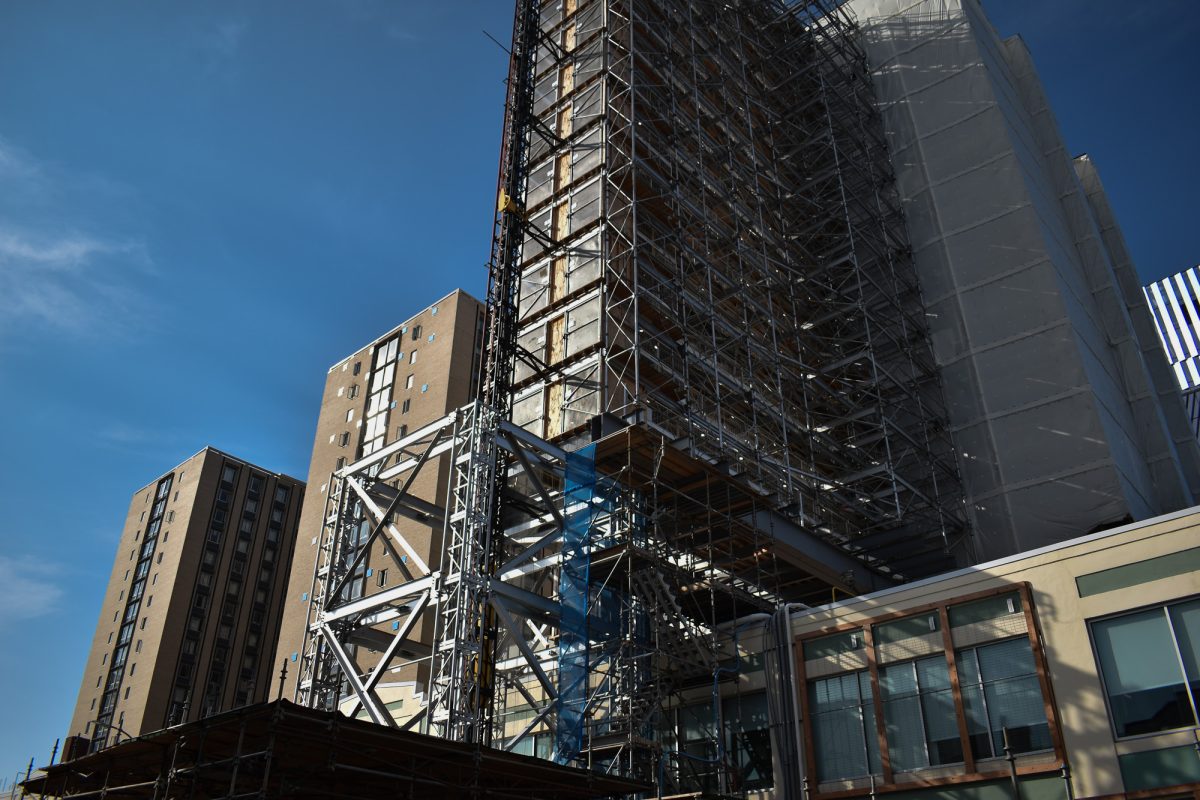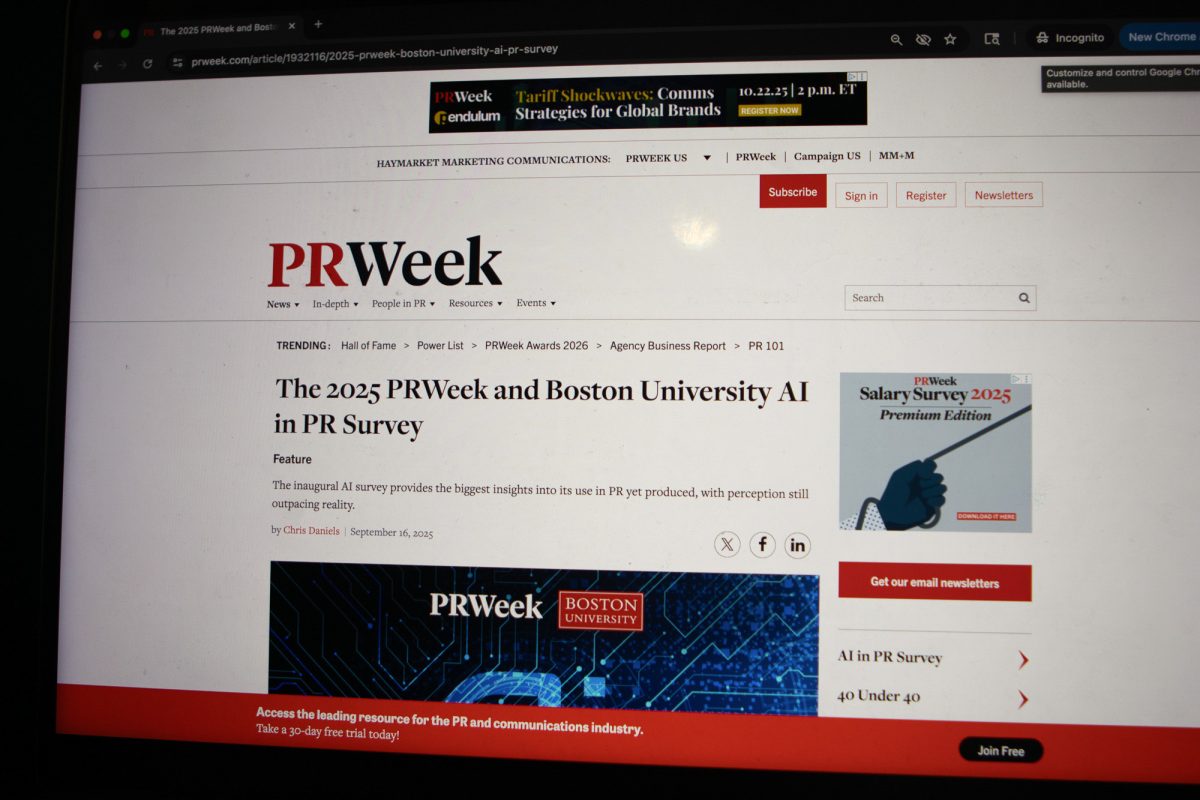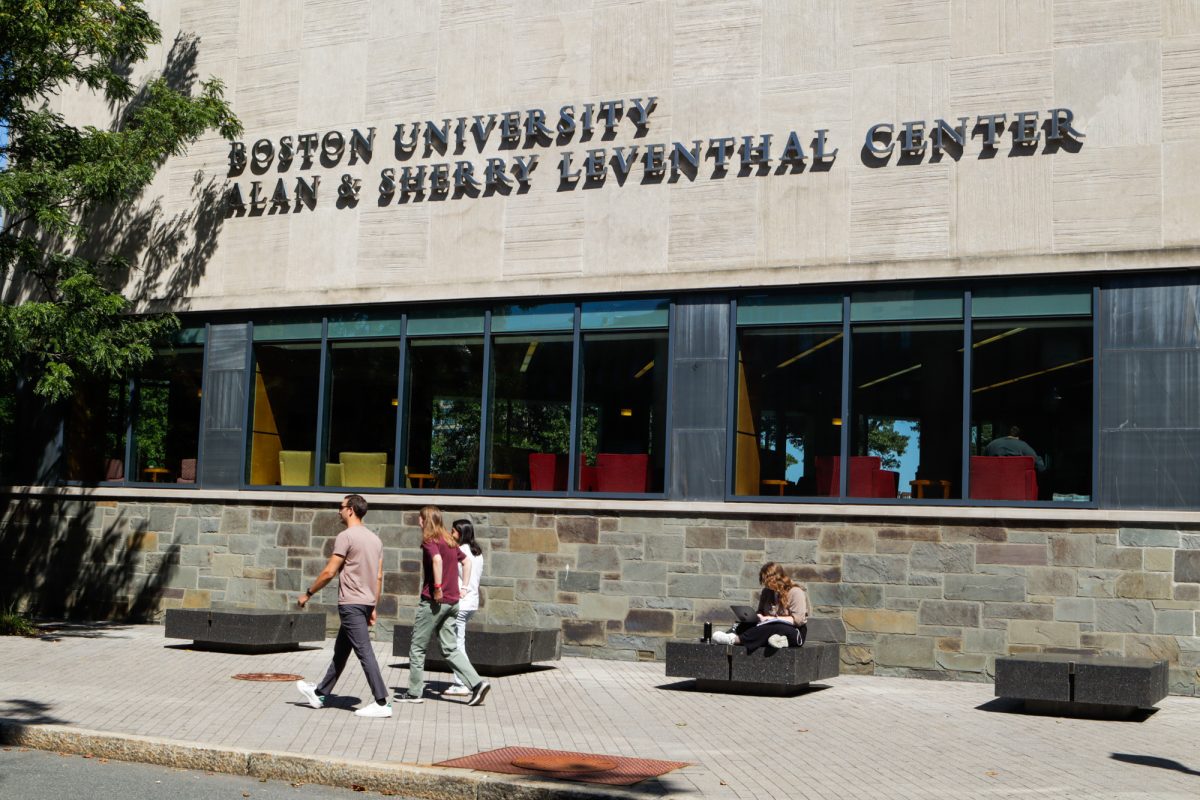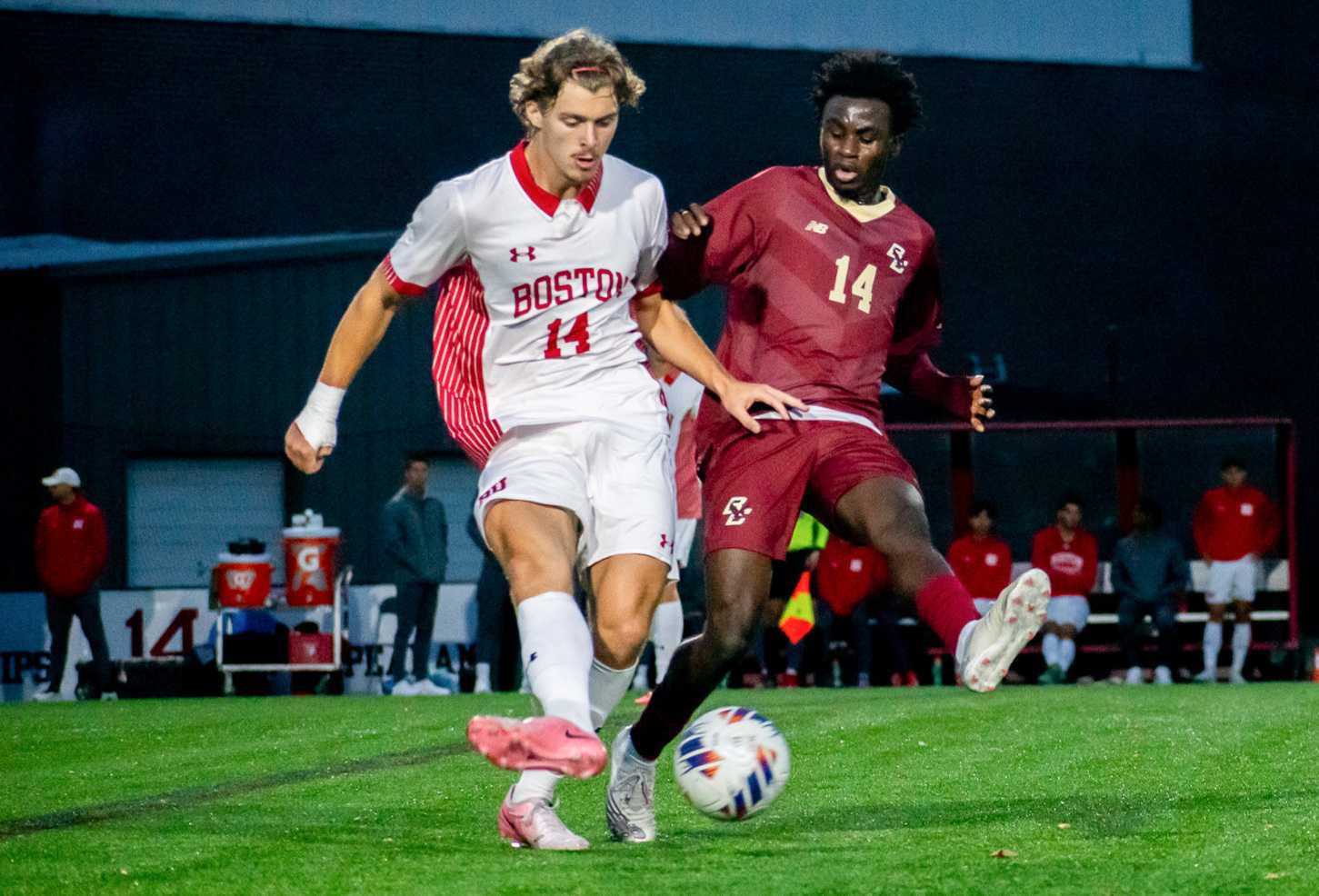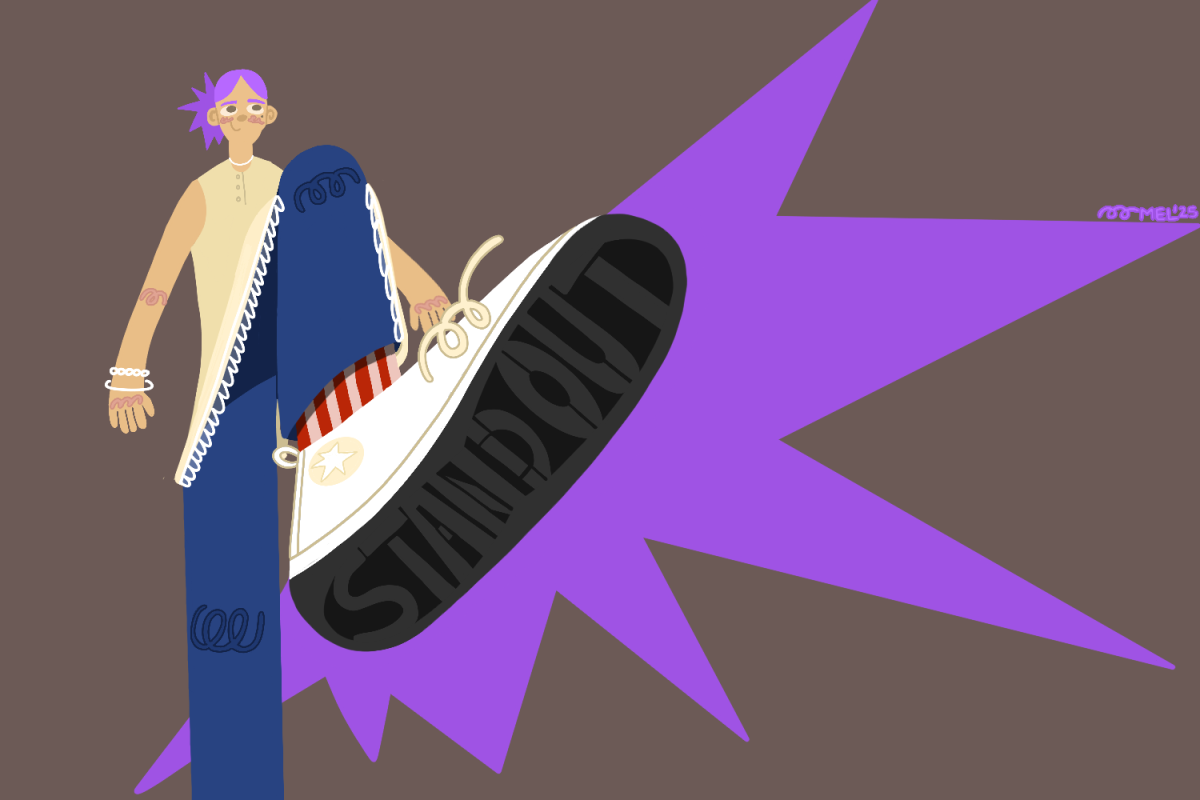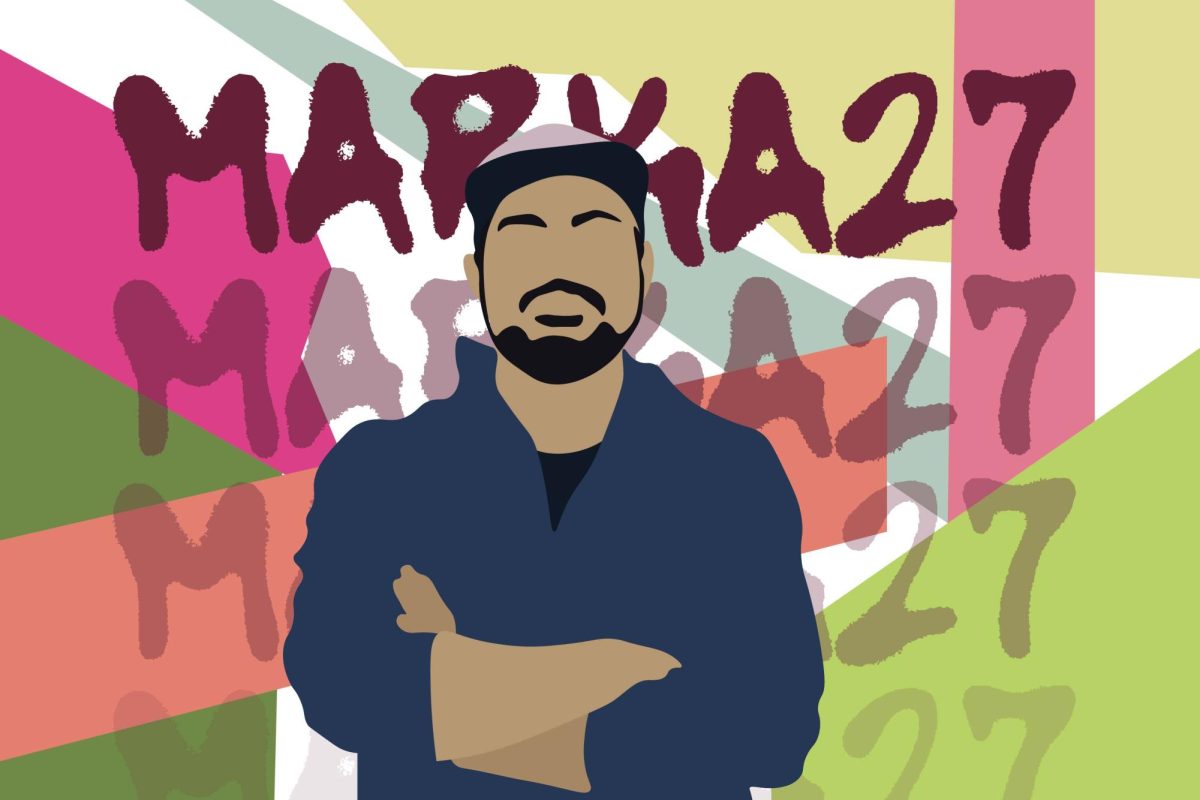Boston University police records, along with those at private colleges across the state, could soon become public, if a bill approved yesterday by a legislative committee becomes law.
The joint Committee on State Administration and Regulatory Oversight passed and sent to the Senate a bill that would make public “all records, reports or other documentary materials” kept by the special state police forces that are trained and approved by the state but employed by colleges.
Under current state law, private universities are required only to make public a daily log of police responses, arrest identities and reported crimes. Public university and municipal forces are required to disclose more detailed incident reports and other records to the public.
John Doherty, former board member of Security On Campus, Inc. and a strong supporter of the legislation, called the committee’s approval an “incredible victory.”
Doherty said a “hard fought, tremendous, behind-the-scenes fight” threatened the bill, and he credited Chairman Antonio Cabral’s leadership in approving the bill in committee. During the last legislative session, a similar bill was passed by the Senate but rejected by the House. Legitimate concerns about discouraging students from contacting police about medical and mental health emergencies killed the last bill, Doherty said.
The current bill would require the disclosure of campus police records related to law enforcement, but not medical or personal situations, he said.
Open private college police records will set an “accountability factor” and a standard for both private and public university forces, Doherty said.
“This is really to bring private colleges and universities to eliminate a very dangerous loophole where we think there will be better crime reporting and better information available,” he said.
Student journalists have faced challenges when attempting to get police records about on-campus incidents. The Harvard Crimson sued for release of campus police records following a June 2003 request, according to a ruling from the Supreme Judicial Court. Ruling in January 2006, the state’s highest court denied the request and said though campus police officers are appointed as special state police officers, campus police departments are not automatically transformed “into an agency of the Commonwealth such that it becomes subject to the mandates of the public records law.”
Last semester, following an Oct. 23 collision between a BU student and a BU Police Department cruiser, reporters from The Daily Free Press were unable to obtain detailed incident or investigation reports because police said the incident was under internal department investigation.
Last June, Richard Doherty, president of the Association of Independent Colleges and Universities in Massachusetts, of which BU is a member, testified against the bill, according to a transcript.
Calling the Crimson case a success against preventing “gotcha” journalism, Doherty said the “additional information that would be subject to public disclosure under [the legislation] is either redundant to what is already disclosed under existing statutes and regulations or entirely irrelevant to any legitimate interest that students or the general public have.”
Sen. Patricia Jehlen, a Somerville Democrat and bill supporter, said the open records bill would give parents and students better access to crime data. She said the American Civil Liberties Union’s recent charge that Harvard University police have wrongfully videotaped protesters could be better investigated if the campus police force was required to keep public records.
“In terms of businesses and universities, what I believe is that people behave differently when other people are watching,” Jehlen said. “It’s good for people to be watching.”
School of Management sophomore Jessica Lyons said she thinks BU is “probably withholding information,” and could benefit from increased transparency.
“It’s a good idea for us to be informed on a public basis instead of BUPD feeding us knowledge,” she said. “Criminal activity is down-toned because it’s admissions season. It’s kind of scary to think about. Safety is more important than hiding what you’ve done in past actions.”
James Sinclair, an SMG junior, said he thinks police records should be more open.
“I’ve been noticing that the crime has been getting more serious,” he said. “I definitely think we should know about it. I do think the school might be putting pressure on to de-emphasize the more serious crimes.”
College of Arts and Sciences junior Matthew Chin said he does not think limiting information is always bad.
“Knowing everything isn’t always the best,” he said. “If there is openness, the police would probably rather give you the story themselves than have you get it from another source.”
Staff reporters Anna Webster and Andy Facini contributed to this article.



